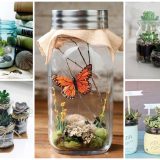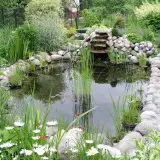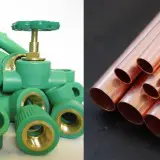Smart Gardening, Small Steps for an Efficient Activity
As in many other cases, gardening requires planning and other preparations for an efficient activity. Nothing bears fruit if put into practice in a chaotic manner and we all know that from our life experience. The best results come out of plans, be them small, which organize us and make work easier. As concerns gardening, it is important to know that some of the related activities start long before, weeks and even months before the actual planting. So here are several simple steps to make work in the garden more efficient and help you save some money, too, as compiled by the CSMonitor.com.
First of all, as we said before, it is crucial to analyze the soil in your garden. Even if you’re no expert, you can get yourself a soil testing kit from the specialized hardware store or take samples to a laboratory. As soon as you know what type of soil your garden has – acidic, neutral or alkaline – you can start planting based on these results or you can change the pH to meet your planting preferences.
At the same time, do a sun exposure charting in your garden and see what areas are in direct sunlight or in shade for most of the day. It is no use wasting money planting sun loving flowers of veggies in the shade and the other way around.
Use and secure compost in time to enrich the soil and, since it is within reach, there is no point in buying it. It is ideal you prepare it in autumn so you can spread it across the garden early spring. Options are diverse, from natural fertilizer to nettle and sea weed compost, to lawn clippings and even food stuff.
Furthermore, specialist recommend you buy seeds, rather than siblings or grown plants. Buy seeds on sale early autumn to plant them early spring. Buying seeds also allows you to pick various types of plants that you cannot find in plant form in the gardening stores.
Keep pests under control! In other words, do not call off actions that must be done today or else you risk your whole investment in the garden, time, physical efforts and money, to go down the drain. You can plant flowers such as zinnias or calendula that attract predators that kill pests such as tomato hornworms and aphids. Weeding in time is also equally important.
Draw pollinators to your garden for a good crop. To this end, grow vividly colored flowers – violet, yellow and blue – to lure bees. Do not forget that using pesticides in your garden that are toxic to bees and other pollinators.
Last but least among small steps for smart gardening is pruning. It takes experience to be able to identify the matter to be removed so that a plant concentrate its energy on producing the most, but that’s a skill to be developed in time.















